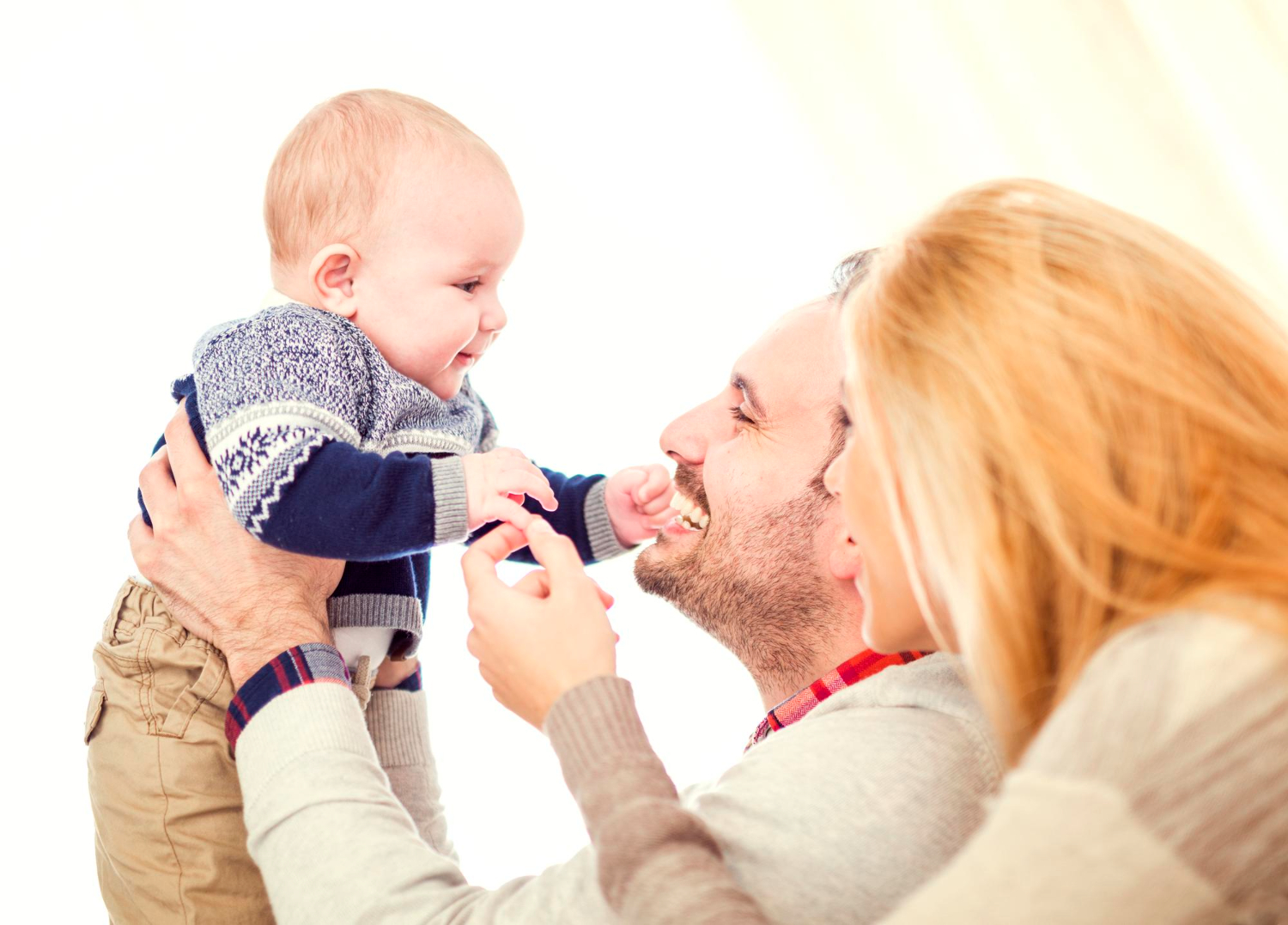Have you ever pondered the magical words “Mumma” and “Dadda” that your child would one day say? As parents, we eagerly anticipate our baby’s first words, marking a significant milestone in their language development. The journey of baby speech development is a complex, fascinating process that varies from child to child. In this blog, we’ll explore the captivating world of language development in babies, diving into the typical age when a baby starts speaking and the factors that influence their progress.
Babies, Babble, and Beyond:
Before we delve into the age when babies can say “Mumma” and “Dadda,” let’s first discuss the stages of baby speech development. It’s essential to remember that every child is different, and language development can happen at varying rates. Here are some general milestones to look out for:
Cooing (2-3 months): Babies start experimenting with their vocal cords by making simple vowel sounds like “oo” and “ah.”
Babbling (6-9 months): As their auditory and motor skills advance, babies begin combining consonants and vowels, producing sounds like “ba,” “da,” “ma,” or “ga.”
Baby’s first words (9-18 months): By this stage, babies typically start uttering simple, meaningful words, such as “Mumma” and “Dadda.”
Word explosion (18-24 months): This period marks a rapid increase in vocabulary, with toddlers learning new words daily.
The Moment We’ve All Been Waiting For: “Mumma” and “Dadda”
When can babies say “Mumma” and “Dadda” is the million-dollar question. Isn’t it? We get you! While there’s no definitive answer that applies to all children, most babies begin to say these words anywhere between 9 to 18 months of age. It’s not uncommon for babies to experiment with these sounds earlier, during the babbling stage, but they may not necessarily associate them with their parents just yet.
Why are “Mumma” and “Dadda” often a baby’s first words? These words are easier for babies to pronounce because they consist of simple consonant-vowel combinations. Moreover, as parents, we tend to use these terms frequently around our little ones, further reinforcing their learning.
Factors Influencing Language Development in Babies
It’s essential to understand that baby speech development doesn’t follow a strict timeline. The age when baby starts speaking can be influenced by various factors, including:
Genetics: A child’s genetic makeup can play a significant role in determining their language development pace.
Exposure to language: Babies who are consistently exposed to conversations and words tend to develop their language skills more quickly.
Interaction: Engaging with your baby through talking, reading, and singing can have a profound impact on their speech development.
Hearing ability: Babies with hearing impairments may face challenges in language development. It’s crucial to monitor your child’s hearing and seek professional help if necessary.
Prematurity: Preterm babies might experience developmental delays, including speech and language development.
Bilingualism: Bilingual children may take slightly longer to start speaking, but this doesn’t indicate a problem. They often catch up and become proficient in both languages over time.
Supporting Your Baby’s Language Development
As parents, we can play a pivotal role in nurturing our baby’s language development. Here are some suggestions to make your child’s linguistic journey successful:
Talk with your baby: Boosting your baby’s language development can be achieved by regularly conversing with them, starting from their pre-verbal stage. Narrating your daily routine, inquiring about their interests, and reciprocating their adorable coos and babbles are essential ways to facilitate their linguistic progress. So, let your conversations with your little one be an interactive and engaging experience that stimulates their cognitive growth and strengthens your bond.
Read together: Immerse your precious little one in a plethora of lexical riches, diverse tonalities, and intricate syntax patterns by embracing the timeless tradition of reading aloud. Indulge in a daily ritual of literary exploration with your baby, even if you can only spare a brief interlude of time. For in those fleeting moments of shared storytelling, you are laying the foundation for a lifetime of intellectual curiosity and linguistic mastery.
Sing and recite nursery rhymes: Singing and reciting nursery rhymes can help your baby recognize different speech patterns and sounds. Plus, the rhythmic nature of songs and rhymes can be soothing and enjoyable for your baby.
Encourage imitation: When your baby babbles, respond by mimicking their sounds. This back-and-forth interaction promotes speech development and strengthens the bond between you and your little one.
Use gestures: Babies can understand gestures before they can speak. Use simple hand movements, like waving or clapping, to communicate with your baby and encourage them to mimic you.
Be patient: Keep in mind that each child forges their unique path towards linguistic mastery at their own pace. Thus, it is crucial to remain equanimous, shower your little one with ample encouragement, and rejoice in every linguistic triumph, big or small, that they achieve along the way.
Seek professional help (just in case): Should you harbor any misgivings about your little one’s verbal progression, do not hesitate to seek counsel from a learned pediatrician or a seasoned speech-language pathologist. Swift and timely intervention can yield an outsized impact on your child’s linguistic odyssey, potentially alleviating any potential impediments to their journey towards fluency and eloquence..
Conclusion:
A baby’s first words represent an amazing event that marks the beginning of their linguistic journey. Babies typically begin to say “Mumma” and “Dadda” between 9 to 18 months of age.But it’s especially important to keep in mind that every child’s journey towards language development is different and influenced by a variety of circumstances. As they embark on the exciting journey of learning to talk, it is our responsibility as parents to assist, encourage, and celebrate our child’s developmental milestones.Maintain your conversational engagement with your child, and before you know it, you’ll be hearing your baby’s first words. The precious words you’ve been anticipating:)
At Eurokids, we understand the importance of speech in a child’s growth journey. EUNOIA, our carefully curated curriculum, is an interesting mix of mindful learning, spaced learning and blended learning.
















